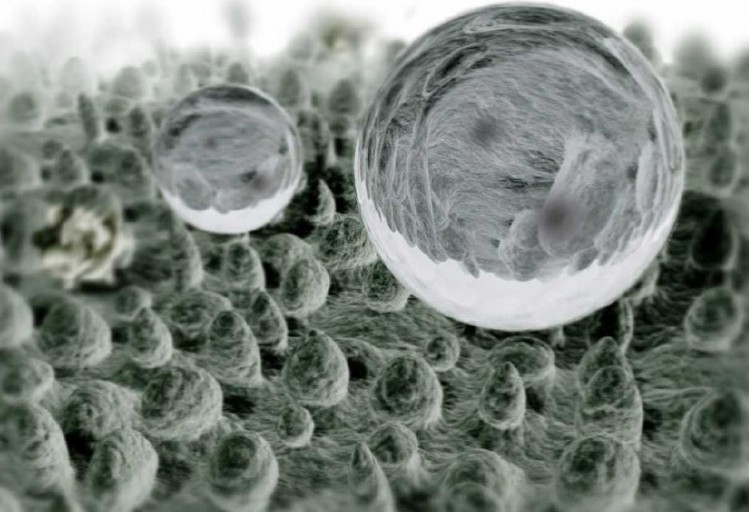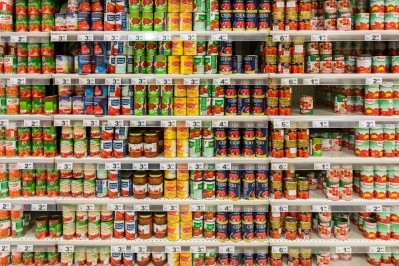First ever antibacterial metal surfaces to be trialed in dairy

Using laser technology by TresClean it will produce machinery components which are sensitive to bacterial contamination, with plans to sell them commercially in two years.
Milk vats
The metal surfaces will initially be trialed on milk vats before expanding into other food areas.
Professor Luca Romoli, project coordinator, TresClean, said the project has received €3.3m ($3.5m) funding from the H2020 Industrial Leadership program and the Photonics Public Private Partnership Support.
“We are initially focusing on machine parts for the food industry to make a significant impact on productivity,” he said.
“Vats in milk factories need to be cleaned every six to eight hours to avoid the exponential growth of bacteria. This hinders usage and affects output.”
Romoli added the team got the idea from Lotus plants where the leaves are fluid‐repellent and decided to replicate this in creating metal structures where, by reducing ‘wettability’, can form a barrier against bacteria.
He said TresClean creates ultrashort‐pulsed lasers to create a ‘surface topography’ on metal sheets to duplicate a Lotus leaf’s surface and prevent liquid adhesion.
The topography can capture miniature pockets of air that minimize the contact area between the surface and liquids.
“Lotus leaves keep themselves clean thanks to particular surface texture enabling water to stay as spherical droplets by preventing ‘spreading’,” said Romoli.
“Under these conditions, bacteria does not get a chance to stick because the contact with the metal surface and the liquid is reduced significantly. In this way, with laser technology it is possible to create an antibacterial topography on metal surfaces without adding chemicals.”
Less time sterilizing machinery
The process means manufacturers will spend less time cleaning and sterilizing machinery.
Besides the University of Parma, the team behind the TresClean project (high throughput laser texturing of self‐cleaning and antibacterial surfaces) includes the Italian company of Schio (Vicenza) Ecor Research, Universitaet Stuttgart (Germany), Centre Technologique Alphanov (France), Raylase (Germany), BSH Electrodomesticos Espana ( Spain) and Kite Innovation (UK).
As part of trials, metal surfaces will undergo a laser marking process, using optical devices for common industrial use: ultrashort‐pulsed lasers, but with high‐average power in combination with high‐performance scanning heads using a beam delivery method with movements of up to 200 m/s.
TresClean can perform stainless steel surface marking of 500 square cm in less than 30 minutes.
“If compared with the technology existing in early 2015 in which production methods were able to obtain these specific structures at a rate of 0,6 square mm, TresClean in the same period of time, can produce 1000 square cm, making this technology 156 times quicker than before,” added Romoli.
Ecor Research has contributed to the project with its expertise in characterization and functionalization of surfaces and functional testing, to analyze the properties of the treated surfaces.






















